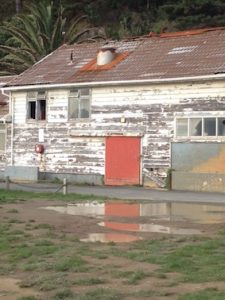
In early 2014 the Wellington City Council announced a series of “big ideas” to boost economic growth in the city. Predictably, in the two years since, there has been little progress.
For starters, it was always clear that the airport runway extension was not a good idea because of technical reasons that I have outlined on numerous occasions. What was less clear, was the business case to justify a ratepayer funding subsidy based on these illusory benefits. It subsequently emerged that the real reason for the extension was to make it safe for existing aircraft. Something that the airport should have taken care of years ago.
The Miramar film precinct and creative enterprise zone idea sounded promising at first, but once again there seems to have been little progress. Additionally, Shelly Bay (see photo above) on the Miramar Peninsular is ripe for development but has been an embarrassing eyesore for many years because the ownership can’t seem to work collaboratively and constructively. A number of attempts have been made to move forward on developing the area but once again nothing has happened yet. The film museum now looks set to rise on a site opposite Te Papa, co-funded by the city. At least we have that to look forward to.
Finally, and most disappointingly, there was the concept of a tech district based around the Cuba Street precinct, where many of our most exciting startups and technology sector companies reside. Our office is located in this area and I’m not aware of any initiatives yet. In fact council staff have been putting up more yellow stickers and telling building owners to get concrete masonry sorted or suffer the consequences. So the future of the area is sketchy, especially in light of recent seismic activity.
What did happen in the previous two years was that the council invested a huge sum of ratepayer funds into a vanity project aimed at helping a private company set up a large co-working space on the edge of the CBD. It’s a good venue, but initially bold community-building objectives seem to have fallen a little by the wayside this year. I’ve also heard one or two newly elected councillors privately express their reservations over this and the lack of innovation support generally. Now that the Grow Wellington model has been homogenised and had the life crushed out of it, the incoming council are trying to figure out how to fill the vacuum.
Overall I’m worried about Wellington’s crumbling economic competitiveness, a scenario which is likely to be compounded by the hidden effects of a slow-moving earthquake impact, including incapacitation of the container shipping terminal. There are many old and damaged buildings in the city now and (unlike Christchurch) there does not seem to be a unified vision about renewal of the inner city. The old town is looking dated and shabby, whilst our neighbours in Australia and Asia surge ahead. This situation has crept up on us, but it’s time to cut through the political window dressing and admit we have a problem.
Paul Spence is a commentator and serial entrepreneur, a co-founder of Wellington, New Zealand based technology ventures iwantmyname and Polanyio and a mentor with Startup Weekends and Lightning Lab. You can follow Paul on Twitter @GeniusNet or sign up for a free weekly digest of startup, tech and innovation related events curated by him through New Zealand Startup Digest.

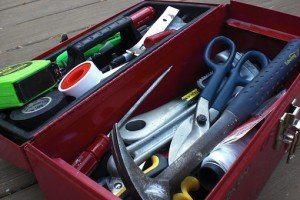 November 2015 was a bumper month for
November 2015 was a bumper month for 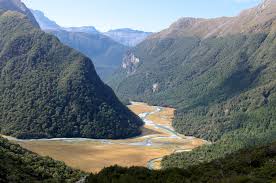
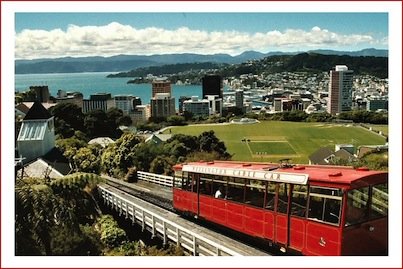 Our Prime Minister laid bare his regional biases when he
Our Prime Minister laid bare his regional biases when he  Unlimited Realities is living up to its name. Last year the company inked a deal to provide its gestural interface software for integration into Dell manufactured computers. Now the door has been opened by computer chip maker AMD. Fingertapps was
Unlimited Realities is living up to its name. Last year the company inked a deal to provide its gestural interface software for integration into Dell manufactured computers. Now the door has been opened by computer chip maker AMD. Fingertapps was 
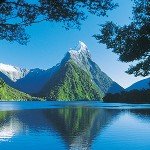 The recent
The recent